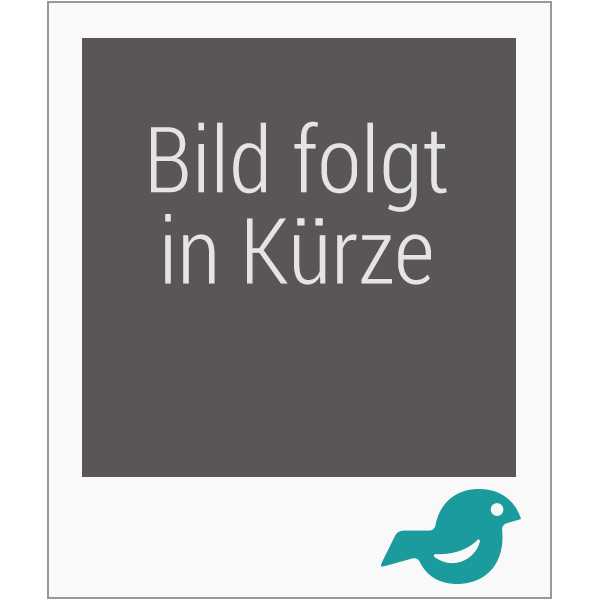The use of longitudinal field research methods is fundamental to understanding the dynamics of organizational life and to developing and testing theories of organizational adaptation, change, innovation and redesign.
This book focuses on both the design and conduct of longitudinal research in the field and on the methods used to analyze and interpret process patterns in longitudinal data. The contributors discuss a wide range of methodological issues including: ethnographic methods; longitudinal and comparative case studies; event history analysis; and real-time tracking of events. They also address various procedures that can be used to tabulate, code and interpret both quantitative and qualitative data collected in the field.
Table of contents:
Introduction - Andrew H Van de Ven and George P Huber
Longitudinal Field Research Methods for Studying Processes of Organization Change
Images of Imaging - Stephen R Barley
Notes on Doing Longitudinal Field Work
A Dual Methodology for Case Studies - Dorothy Leonard-Barton
Synergistic Use of a Longitudinal Single Site with Replicated Multiple Sites
Building Theories from Case Study Research - Kathleen M Eisenhardt
Longitudinal Field Research on Change - Andrew M Pettigrew
Theory and Practice
Studying Changes in Organizational Design and Effectiveness - William H Glick et al
Retrospective Event Histories and Periodic Assessments
Methods for Studying Innovation Development in the Minnesota Innovation Research Program - Andrew H Van de Ven and Marshall Scott Poole
Alternate Approaches to Integrating Longitudinal Case Studies - Robert D McPhee
A Primer of Sequence Methods - Andrew Abbott
An Empirical Taxonomy of Implementation Processes Based on Sequences of Events in Information System Development - Rajiv Sabherwal and Daniel Robey
Theoretical and Analytical Issues in Studying Organizational Processes - Peter R Monge
Organizations Reacting to Hyperturbulence - Alan D Meyer, James B Goes and Geoffrey R Brooks
This book focuses on both the design and conduct of longitudinal research in the field and on the methods used to analyze and interpret process patterns in longitudinal data. The contributors discuss a wide range of methodological issues including: ethnographic methods; longitudinal and comparative case studies; event history analysis; and real-time tracking of events. They also address various procedures that can be used to tabulate, code and interpret both quantitative and qualitative data collected in the field.
Table of contents:
Introduction - Andrew H Van de Ven and George P Huber
Longitudinal Field Research Methods for Studying Processes of Organization Change
Images of Imaging - Stephen R Barley
Notes on Doing Longitudinal Field Work
A Dual Methodology for Case Studies - Dorothy Leonard-Barton
Synergistic Use of a Longitudinal Single Site with Replicated Multiple Sites
Building Theories from Case Study Research - Kathleen M Eisenhardt
Longitudinal Field Research on Change - Andrew M Pettigrew
Theory and Practice
Studying Changes in Organizational Design and Effectiveness - William H Glick et al
Retrospective Event Histories and Periodic Assessments
Methods for Studying Innovation Development in the Minnesota Innovation Research Program - Andrew H Van de Ven and Marshall Scott Poole
Alternate Approaches to Integrating Longitudinal Case Studies - Robert D McPhee
A Primer of Sequence Methods - Andrew Abbott
An Empirical Taxonomy of Implementation Processes Based on Sequences of Events in Information System Development - Rajiv Sabherwal and Daniel Robey
Theoretical and Analytical Issues in Studying Organizational Processes - Peter R Monge
Organizations Reacting to Hyperturbulence - Alan D Meyer, James B Goes and Geoffrey R Brooks

